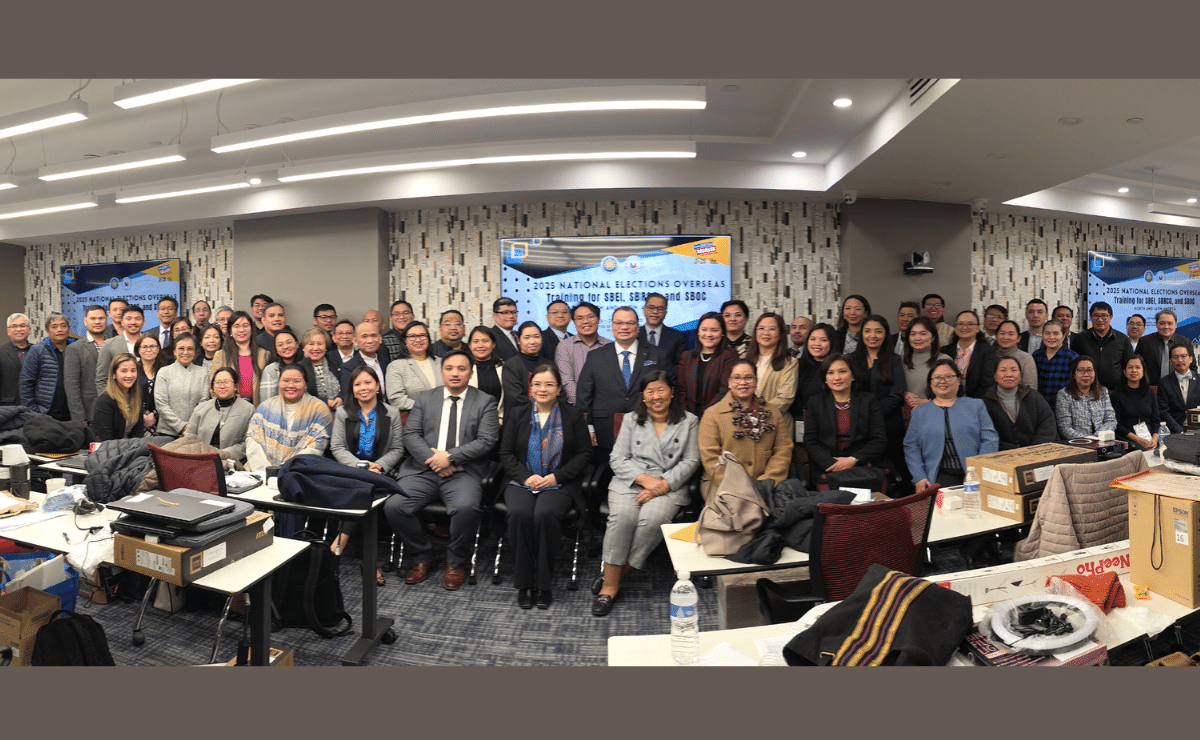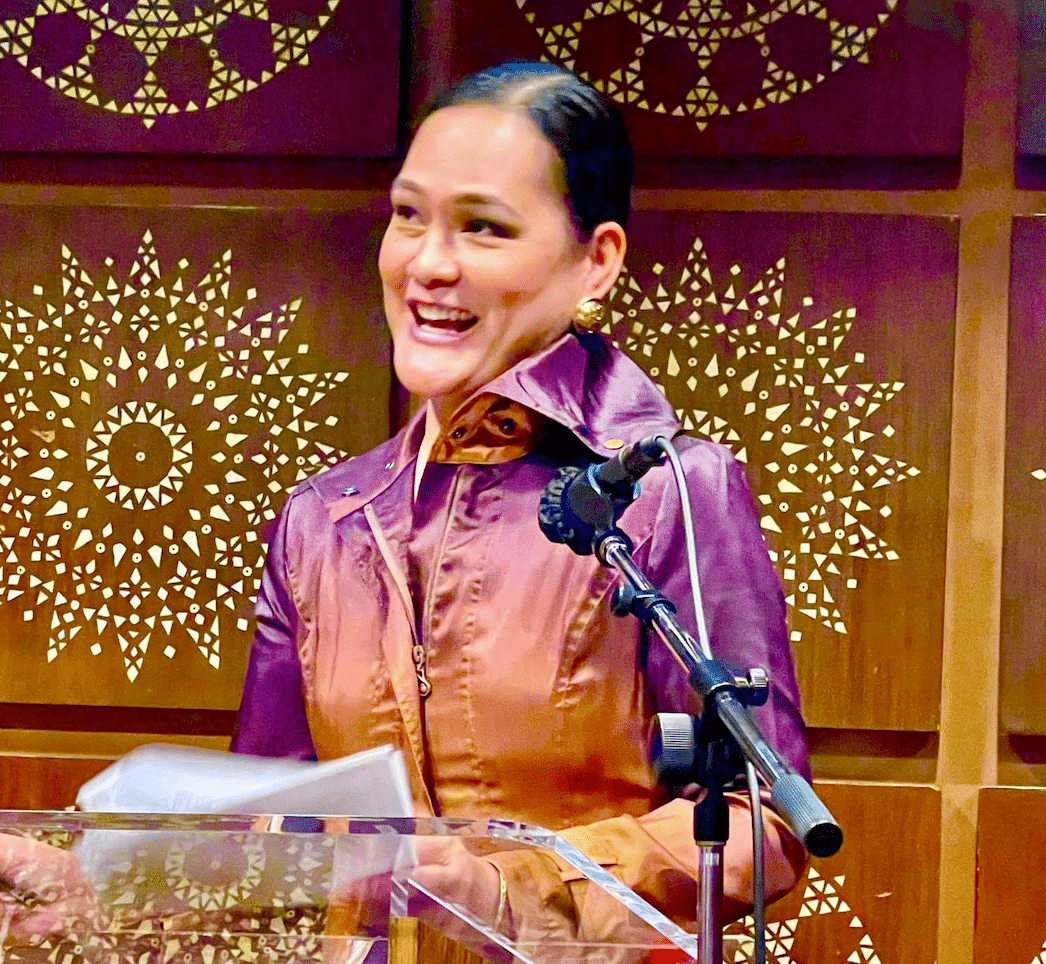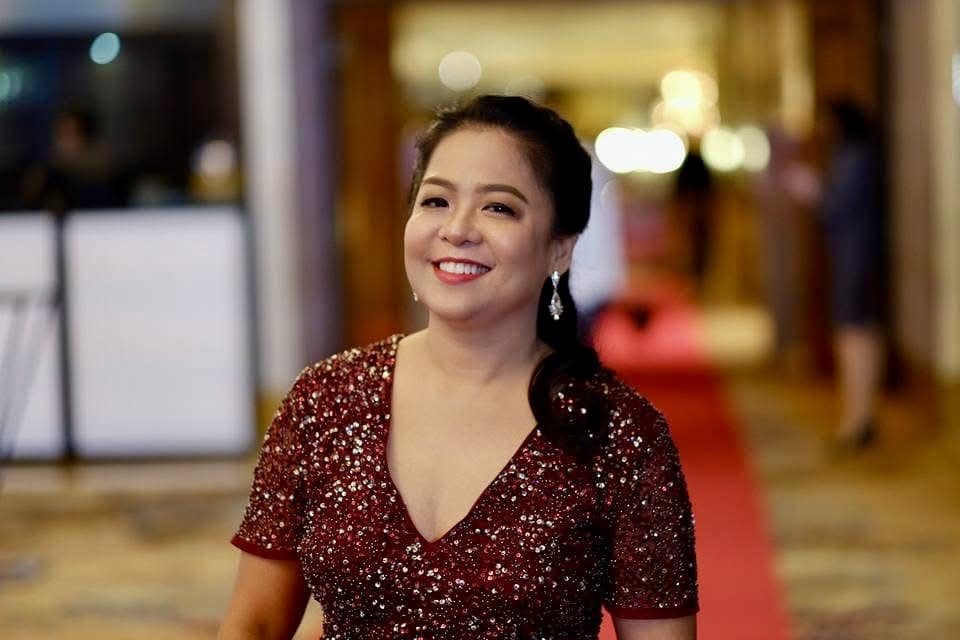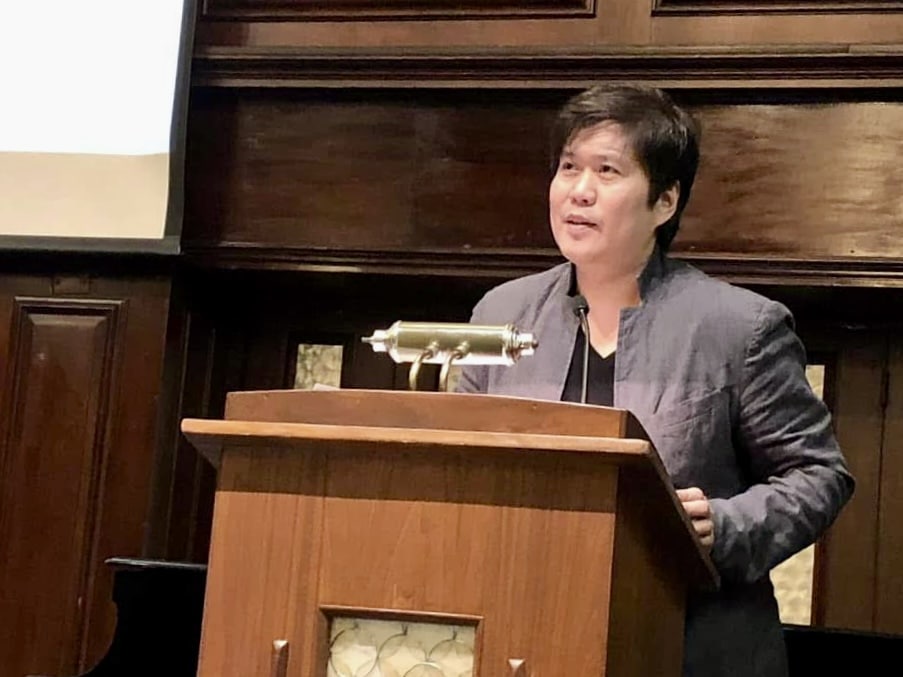Fil-Am voters in NY welcome overseas online voting, call for integrity

The Department of Foreign Affairs (DFA) and Commission on Elections (Comelec) conduct regional training in New York on online voting for the 2025 Philippine National Elections. Photo from PCG New York
NEW YORK — As the Philippines prepares for one of its most consequential midterm elections, Filipinos abroad are stepping into a new chapter of democratic participation.
The Philippine government, through its Commission on Elections (Comelec), has introduced innovative measures to make overseas voting more accessible, inclusive and secure, underscoring the nation’s commitment to democratic reform.
For the first time, voting from abroad has become easier than ever.
Comelec announced the activation of over 77 Online Voting and Counting System hubs worldwide, which opened on April 14 and will remain active until May 12, the official election day. This internet-based platform allows Filipino voters to cast their ballots digitally, eliminating the need to visit embassies or consulates.
Additionally, 16 Philippine embassies and consulates are equipped with automated counting machines, enabling voters who prefer in-person voting to do so securely. During a press briefing, Undersecretary Claire Castro expressed hope that these innovations would “speed up the process” and make voting more organized.
“It’s a big help,” said Kimberly Itskov, CEO of Philippine Pearl, a cultural organization promoting Filipino heritage in New York. She welcomed the online system but voiced concerns about technical issues faced during enrollment, emphasizing the need for improvements.

Kimberly Itskov | CONTRIBUTED
Comelec Chairperson George Garcia highlighted the significance of these reforms, noting that over 1.23 million Filipinos are registered abroad, though only about 48,000 have enrolled in the online system so far.
He urged more overseas Filipinos to take advantage of this opportunity, with enrollment open until May 7 via the official portal.
This digital shift aligns with the country’s long-standing electoral tradition. Since 1992, the Philippines has conducted synchronized congressional and local elections every three years on the second Monday of May. Presidential and vice-presidential elections are held every six years, with midterm elections occurring in odd-numbered years.
On May 12, millions of Filipinos will exercise their right to vote, electing leaders for over 18,000 positions across the nation.
A total of 18,280 positions are at stake, including 12 senators, 63 party-list representatives and various local officials.
In December last year, the final list of 66 senatorial candidates was announced after screening out 117 nuisance candidates from the initial 183 filings. Voters will choose one party-list organization representing marginalized sectors and up to 12 senators, though they can vote for fewer. Voting for more than 12 will invalidate the ballot.
“We have elected individuals with questionable backgrounds and a lack of intellect and gravitas,” Atty. Elizabeth Cueva, a civil rights investigator at the Metropolitan Transit Authority in New York, told Inquirer.net USA. The UP-educated lawyer offers a sobering perspective on Philippine politics.

Atty. Elizabeth Cueva | CONTRIBUTED
She laments that elections are often dominated by showbiz personalities and political dynasties, overshadowing genuine public servants. “This trend leaves us at risk of electing leaders who may not serve the best interests of the country,” she said.
“Pinoys always want to be entertained,” she added, describing the superficial appeal of celebrities in politics. “It’s disheartening to see how many voters are swayed by the charm of entertainment rather than the substance of policies.”
Key dates leading up to the election include the overseas voting window from April 13 to May 12. Local absentee voting is scheduled from April 28 to 30.
“It’s a fundamental right,” said Eric Bustamante, first vice president and general manager at Philippine National Bank in Manhattan. He emphasized the importance of overseas voting as a pillar of democracy, empowering Filipinos abroad and strengthening the Philippines’ democratic institutions.

Eric Bustamante | CONTRIBUTED
Amid these preparations, the voices of Filipino Americans in the tri-state area resonate with hope, concern and heartfelt reflections.
Itskov, who experienced errors during enrollment, is particularly wary about elders who may not be tech-savvy. She hopes for a more polished system and a government that upholds honesty and progress.
When asked about her senatorial choices, she listed her 12 candidates: Kiko Pangilinan, Tito Sotto, Ping Lacson, Pia Cayetano, Manny Pacquiao, Erwin Tulfo, Ben Bitag Tulfo, Bam Aquino, Benhur Abalos, Teacher France Castro, Mar Manibela Valbuena and Francis Tol Tolentino.
“I hope they will serve the country well and help improve the lives of ordinary Filipinos,” she said.
Atty. Cueva echoed the hope for political maturity, envisioning a future where Filipinos vote based on policies and integrity rather than entertainment.
“We need to vote for individuals with proper educational backgrounds and proven integrity,” she said. “A Senate position is a very serious role that requires deep knowledge of the law, an understanding of legal history and familiarity with international relations.”
“We cannot afford to elect people who simply rely on charm or popularity. They must demonstrate a commitment to the common good and the ability to engage with complex legislative issues.”
Reflecting on the overseas voting process, she praised the digitization efforts while expressing concerns about potential legal challenges. “I hope the process is foolproof,” she noted.
“It’s vital for overseas voters to have accessible and secure voting options. We must ensure that their voices are heard without unnecessary hurdles.”
As for her aspirations for the Philippines, she believes Filipinos can still achieve political maturity. “We have to strive for a balance that serves the Filipino people not just in terms of personalities, but through sound policies and principles,” Cueva explained.
“I may not be a Marxist, but I believe in the Hegelian concept of ‘thesis, antithesis and synthesis.’ This is why we see shifts in political affiliations, and hopefully, we will find a synthesis that truly reflects the desires and needs of our people.”
Despite the challenges, the Fil-Am leader remains optimistic, believing that the Filipino people can learn and grow from their electoral experiences.
“We must educate ourselves and prioritize candidates who will genuinely contribute to the nation’s progress.”
Meanwhile, the Philippine Consulate General in New York is actively engaging the Fil-Am community to enroll in the online voting system and attend town hall meetings, mass enrollment and field voting that began on April 9 in Woodside and across the tri-state area. The next town hall will be on April 25 in Staten Island.
For more details on online voting, visit Comelec’s official page. For support on pre-enrollment, email COMELEC at ov.concerns@comelec.gov.ph.

